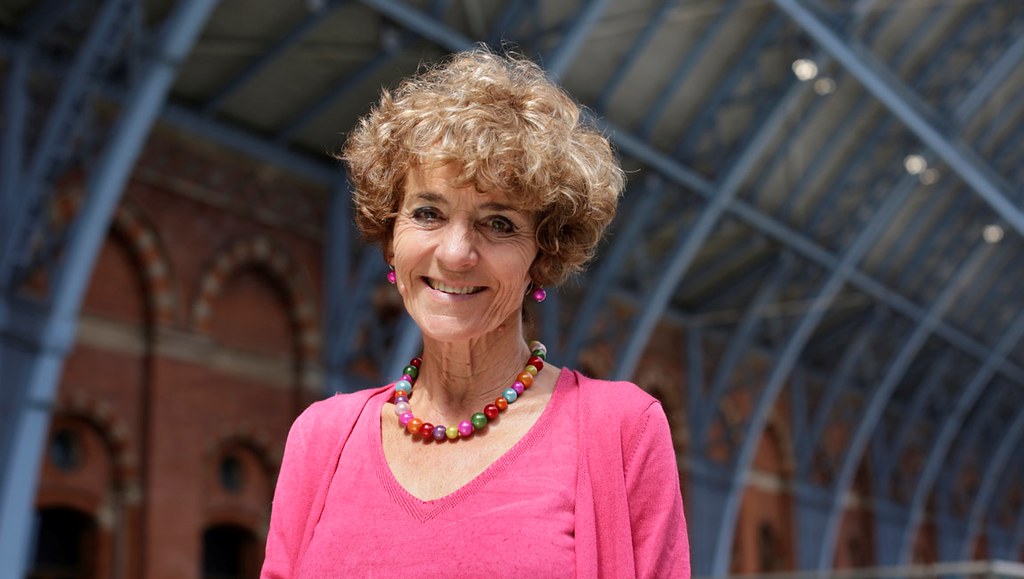Vice-Chancellor, mathematics is central to all of our lives. It lies at the heart of all of modern technology. Without it the internet would not function, Google would not work and mobile phones could not operate. Mathematics is a people based activity and it is essential for the future of the UK that we train, and inspire the next generation of mathematicians to appreciate and even love mathematics. It is fortunate for us all that Celia Hoyles has done so much in her career to advance mathematics education and to create a modern culture of teaching mathematics that reaches out to the next generation and fully embraces the new technology that they are all so familiar with.
Dame Celia Hoyles is without doubt the leading figure in UK Mathematics Education, and she has a huge international recognition for her work in this field. As well as her own direct contribution, she has inspired and led countless mathematics teachers and mathematicians working in many other fields. She is particularly notable for her leading and innovative work in the use of computers and other technology in mathematics education. Her work in this field has been truly ground breaking from the start, and from the 1970s she has blazed a path in this area, which everyone else has since followed. Many of the innovations in modern mathematics education, particularly in the use of computers in teaching are directly due to her. Ince 1984 she has given huge service to the mathematics education community, through her work at the Institute of Education, (now the UCL Institute of Education) at which she is chair and Professor of Mathematics Education. From 2004-2007 she was a wise, and informed, Chief Advisor for Mathematics for the U.K. Government, a time which saw many changes in mathematics education. In 2007, she was the founding Director of the National Centre for Excellence in Teaching Mathematics, which has trained countless mathematics teachers. A notable mark of the esteem in which she is held by the whole mathematical community is that in 2014 she was elected the second female president of the Institute of Mathematics and its Applications (the IMA), which is the professional society for all UK mathematicians. This honour was bestowed on her despite being neither an applied mathematician nor an industrialist. I had the good fortune to be a vice-president of the IMA at the same time and can testify directly to her inspired leadership. She has also been a very strong supporter, and role model, for women in mathematics, and has done much to encourage many more girls to study mathematics at school and at university. In recognition of this work she received the Suffrage Science award for Communications in 2016 on Ada Lovelace Day.
In the 2004 New Years Honours, Celia Hoyles was appointed OBE ‘for services to education’. In the 2014 New Year Honours, she was promoted to DBE in recognition of her service as Director of the National Centre for Excellence in the Teaching of Mathematics. She has also been elected Fellow of the Academy of Social Sciences (FAcSS). In 2003, she was awarded the first Hans Freudenthal Medal by the International Commission on Mathematics Instruction in recognition of ‘the outstanding contribution that [she] has made to research in the domain of technology and mathematics education’. In 2010, she was awarded the first Kavli Education Medal by the Royal Society ‘in recognition of her outstanding contribution to research in mathematics education’. The latter are hugely significant honours, and it is notable that she was the first to receive both of them. She continues to be active in research in computing and mathematics education, as well travelling the world in support of mathematics education. I can think of few major meetings in mathematics education where she has not been a leading speaker, inspiring many others with her love and passion for teaching mathematics.
Vice-Chancellor, I present Professor Dame Celia Hoyles to you who is eminently worthy to receive the degree of Doctor of Education, honoris causa.
